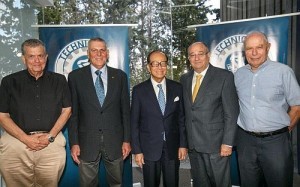
In his first visit to Israel, Mr. Li was clearly moved at his visit to the Technion. Mr. Li expressed delight about the cooperation with the Technion and said, “as many of you know, I have often referred to my own commitment to making a difference as being like having a “third son”. Ladies and Gentlemen, my third son and I are honored to be counted among your company today.”
Technion President, Professor Peretz Lavie, thanked Mr. Li and recalled the first time they met in September 2011, which led to the momentous agreement being signed today. “Most dreams never come true,” said Professor Lavie, “but this dream has, and will no doubt be realized because of the amazing similarities between the vision and values of the Technion and of the Li Ka Shing Foundation.”
Mr. Li Ka-shing met with Technion’s three Nobel Prize Laureates, Professors Avram Hershko, Aaron Ciechanover, and Dan Shechtman, and was given a model of the ubiquitin-protein ligase system – the scientific discovery made by Professors Hershko and Ciechanover for which they were awarded the Nobel Prize for Chemistry in 2004. Mr. Li Ka-Shing was also presented with a special exhibition of eight innovative technological developments conceived by Technion researchers and graduates, among them a snake robot developed for search and rescue operations, with uses for marine and medical applications, by Professor Alon Wolf from Technion’s Faculty of Mechanical Engineering; a miniature robot for back surgery, developed by Professor Moshe Shoham, also from the Faculty of Mechanical Engineering; the “Rewalk” exoskeleton that enables paraplegics paralyzed from the waist down the ability to walk up and down stairs, developed by Technion alumnus Dr. Amit Goffer; The Pillcam, by Given Imaging, developed by a Technion alumnus, which when swallowed by a patient, provides an image of his/her digestive system; and the technology by NanoSpun developed by Professor Eyal Zussman from the Technion’s Faculty of Mechanical Engineering, which uses patented nano-technology processes, for the development of advanced biological water and sewage treatment; “Z-Scan Technology”, presented by Prof. Ron Kimmel of the Faculty of Computer Science and a leading expert in geometric image processing; Ultra-filtration membranes for water purification and desalination, presented by Prof. Raphael Semiat, Dean of the Wolfson Faculty of Chemical Engineering and a top expert in water technology; and Image2Text technology for real-time translation of images to concepts, presented by Prof. Yehoshua Zeevi, director of the Technion’s Ollendorff Minerva Center for Vision and Image Sciences.
The ceremony at the Technion was hosted by Professor Boaz Golany, Technion’s Vice President for External Relations and Resource Development. Professor Golany said, “Albert Einstein brought to the Technion an educational culture whose motto is to learn from yesterday, live for today and hope for tomorrow. Within one hundred years, Technion built advanced technological foundations and transformed the land of Israel from a remote province in the Ottoman Empire to a scientific and technological powerhouse.”
In the photo: Li Ka-shing meets with Technion Nobel Laureates. From left to right: Prof. Aaron Ciechanover, 2004 Nobel Prize Laureate in Chemistry; Prof. Dan Shechtman, 2011 Nobel Prize Laureate in Chemistry; Mr. Li Ka-shing; Technion President Prof. Peretz Lavie; Prof. Avram Hershko, 2004 Nobel Laureate in Chemistry
The Li Ka Shing Foundation
The Li Ka Shing Foundation was established in 1980 by global entrepreneur and philanthropist Li Ka-shing. Mr. Li considers the Foundation to be his “third son” and has pledged one-third of his assets to it. To date, the Foundation has granted over HK$14.4 billion (US$1.86 billion) in charitable donations, approximately 90 per cent in support of education reform initiatives and medical services in Greater China region.
The Foundation supports projects that promote social progress through expanding access to quality education and medical services and research, encouraging cultural diversity and community involvement.

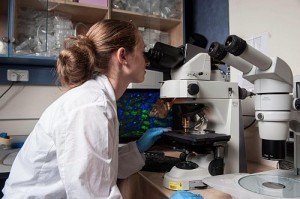 The Bloomberg financial news network has released a new university ranking: “Top 10 Colleges for Tech CEOs” of companies worth $1 billion or more. The Technion is tied for 7th place with three other American universities; Technion is the only university outside the United States placed in the top 10.
The Bloomberg financial news network has released a new university ranking: “Top 10 Colleges for Tech CEOs” of companies worth $1 billion or more. The Technion is tied for 7th place with three other American universities; Technion is the only university outside the United States placed in the top 10.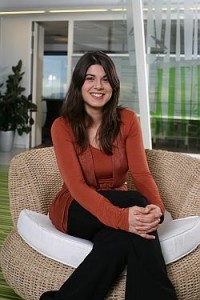 The prestigious list was published in the MIT Technology Review
The prestigious list was published in the MIT Technology Review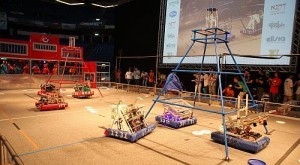
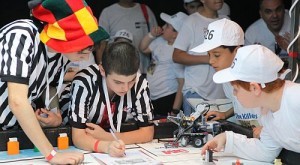
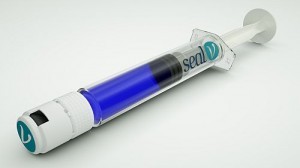 August 1st, 2013, Haifa, Israel. Sealantis Ltd., a private start-up, from the Technion-Israel Institute of Technology that develops alga-mimetic tissue adhesives, reports that it has received the CE Mark for Seal-VTM, its vascular sealant. Seal-VTM is a protein-free bioresorbable sealant, intended to achieve hemostasis by mechanically sealing areas of potential leakage in surgical reconstruction of large blood vessels such as the carotid, femoral, brachial and iliac arteries.
August 1st, 2013, Haifa, Israel. Sealantis Ltd., a private start-up, from the Technion-Israel Institute of Technology that develops alga-mimetic tissue adhesives, reports that it has received the CE Mark for Seal-VTM, its vascular sealant. Seal-VTM is a protein-free bioresorbable sealant, intended to achieve hemostasis by mechanically sealing areas of potential leakage in surgical reconstruction of large blood vessels such as the carotid, femoral, brachial and iliac arteries.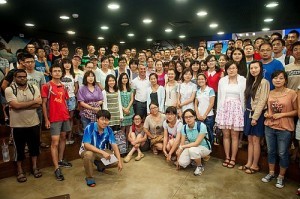 They will take part in the Science-Engineering Summer Course supported by the Planning and Budgeting Committee of the Council for Higher Education
They will take part in the Science-Engineering Summer Course supported by the Planning and Budgeting Committee of the Council for Higher Education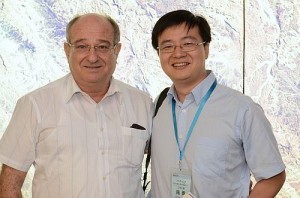 62 Chinese top managers to participate at Technion’s Innovations workshop this week
62 Chinese top managers to participate at Technion’s Innovations workshop this week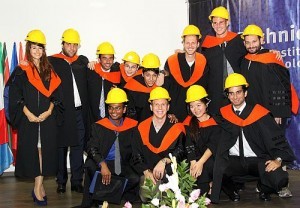 mixture of languages and students from around the world greeted the unique graduation ceremony that took place at the beginning of the week at the Zielony Student Union Building on campus: The awarding of degrees to the first graduating class of the Technion International School.
mixture of languages and students from around the world greeted the unique graduation ceremony that took place at the beginning of the week at the Zielony Student Union Building on campus: The awarding of degrees to the first graduating class of the Technion International School.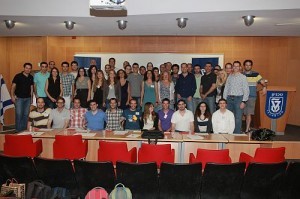 Israel has grown quite a name for entrepreneurship and startups in the last couple of years, ultimately named as the startup nation. The Technion, without any doubt, is the place where Israel’s top technological brain power gathers to study and research the next boundaries of science across its many facets. On the first weekend of June, an event called Technion 3 Day Startup was held aiming to bring the two worlds together allowing students from the different faculties of the institution to form groups and start their startup journey.
Israel has grown quite a name for entrepreneurship and startups in the last couple of years, ultimately named as the startup nation. The Technion, without any doubt, is the place where Israel’s top technological brain power gathers to study and research the next boundaries of science across its many facets. On the first weekend of June, an event called Technion 3 Day Startup was held aiming to bring the two worlds together allowing students from the different faculties of the institution to form groups and start their startup journey.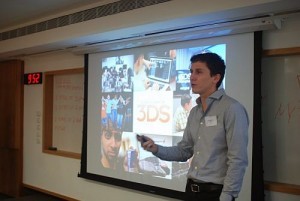
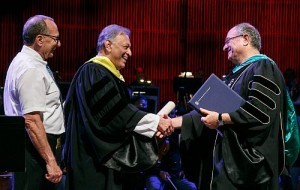 The Technion awarded Maestro Zubin Mehta an Honorary Doctorate at a gala concert given by the Israel Philharmonic Orchestra at the renovated Charles Bronfman Auditorium in Tel Aviv on Thursday, July 18th. The special concert, which was titled “A Musical Matter”, was conducted by Maestro Zubin Mehta and Presented by Technion’s Distinguished Prof. Dan Shechtman, 2011 Nobel Laureate in Chemistry. This was the season’s closing concert of the “IPO in Jeans” series and was attended by multiple generations of Technion alumni.
The Technion awarded Maestro Zubin Mehta an Honorary Doctorate at a gala concert given by the Israel Philharmonic Orchestra at the renovated Charles Bronfman Auditorium in Tel Aviv on Thursday, July 18th. The special concert, which was titled “A Musical Matter”, was conducted by Maestro Zubin Mehta and Presented by Technion’s Distinguished Prof. Dan Shechtman, 2011 Nobel Laureate in Chemistry. This was the season’s closing concert of the “IPO in Jeans” series and was attended by multiple generations of Technion alumni.